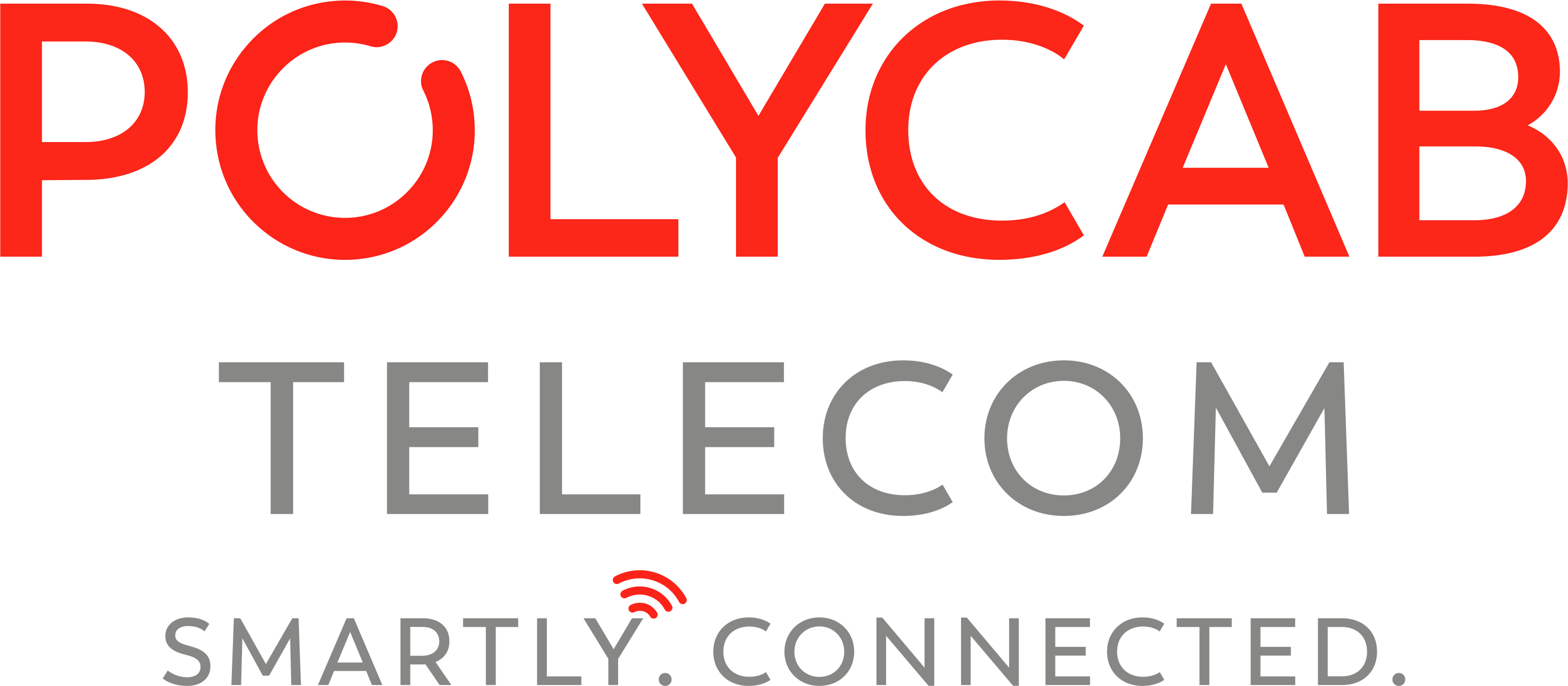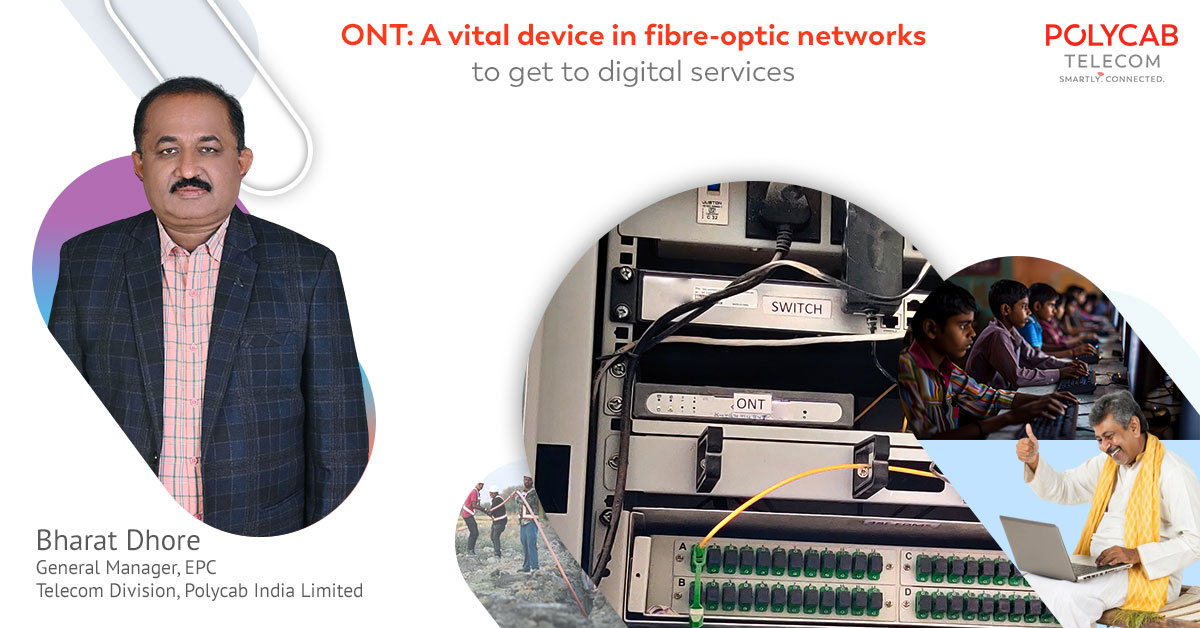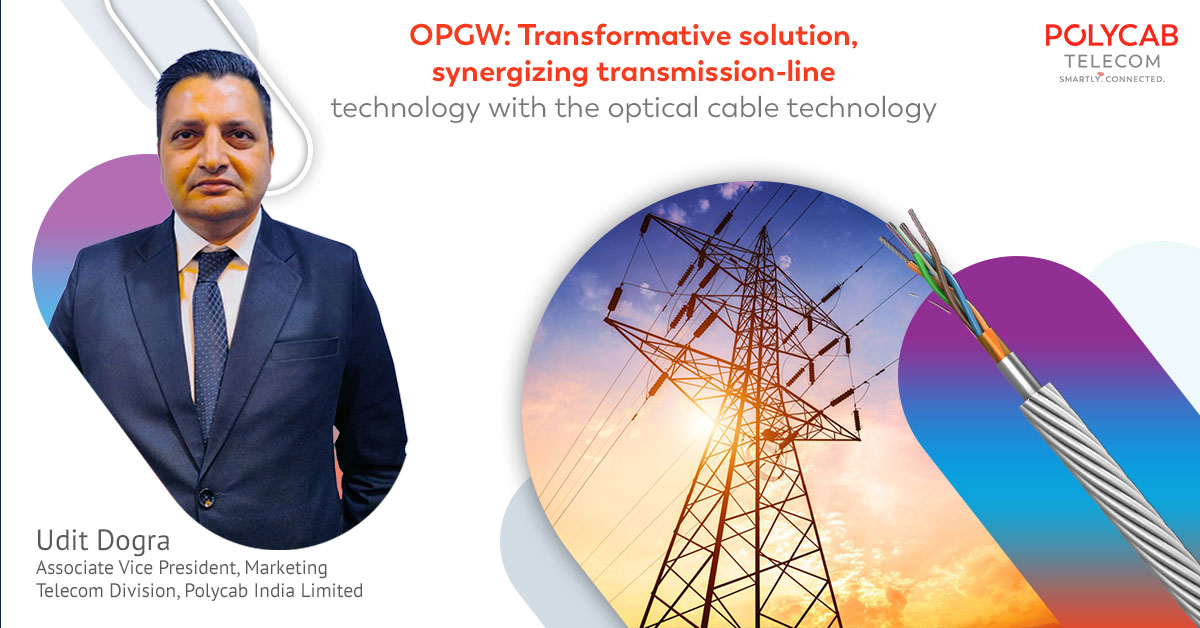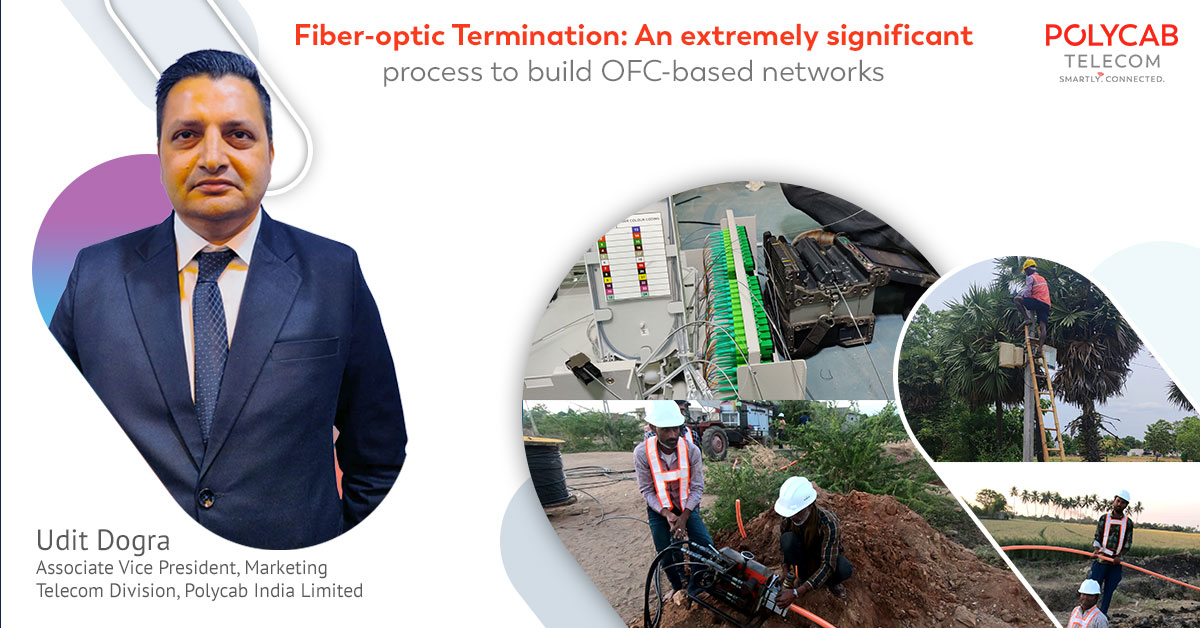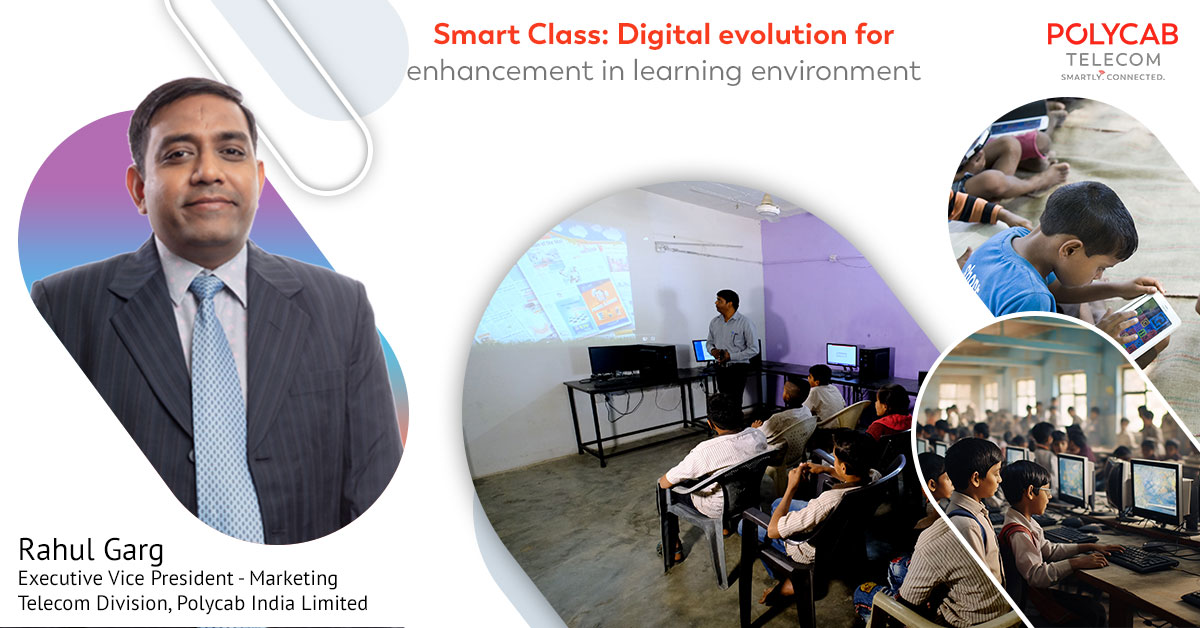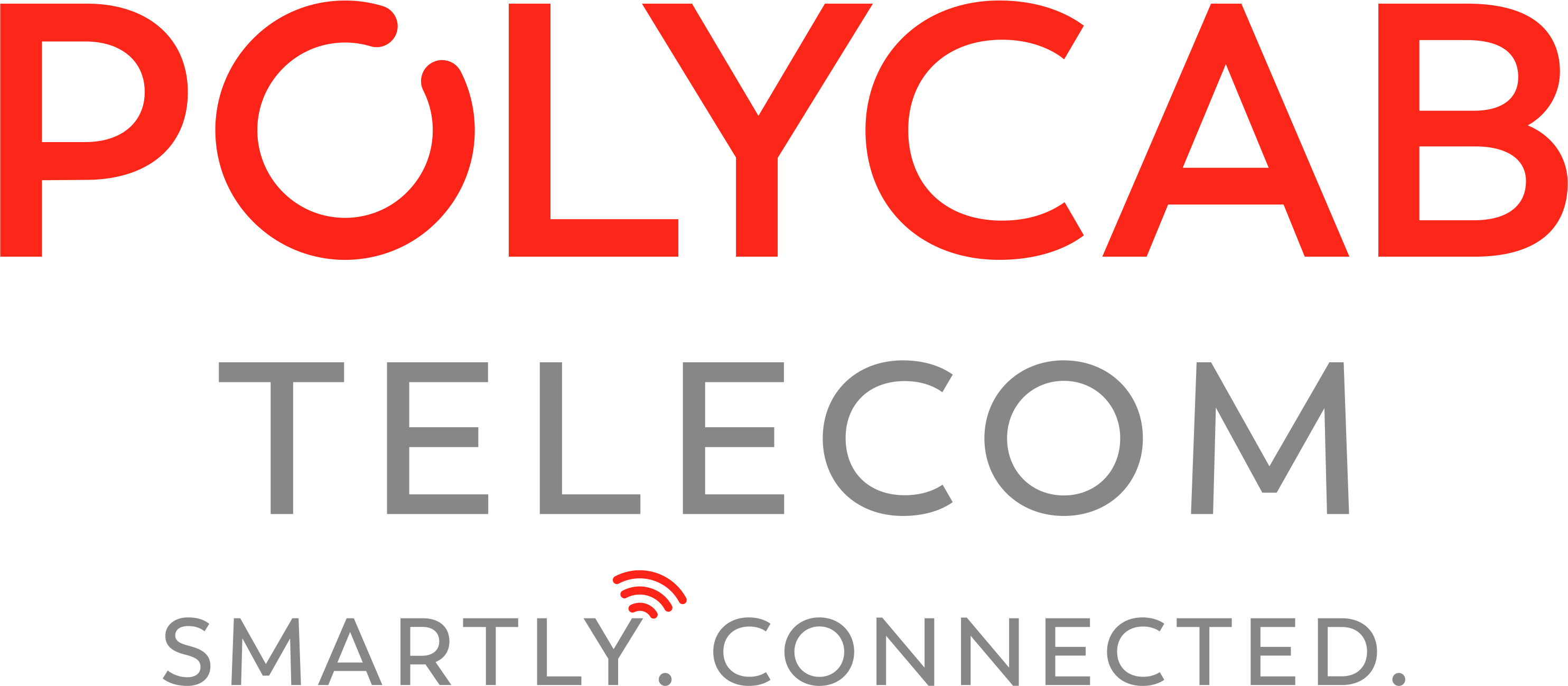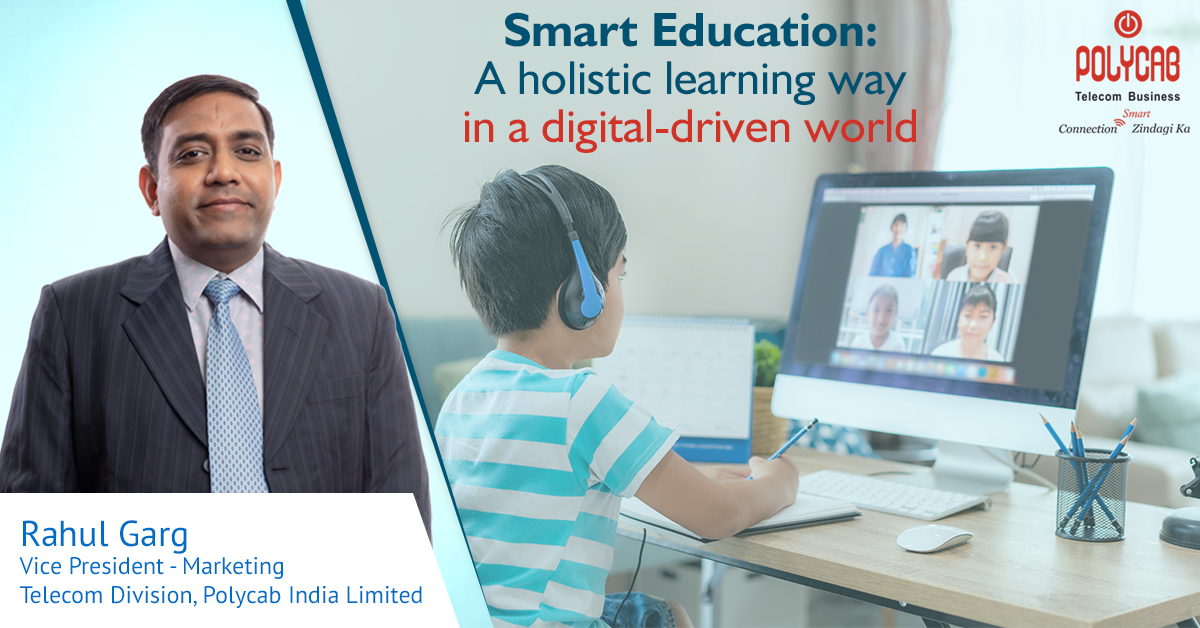We’re increasingly getting digitally dependent in our work and life. Digital way of life has become a new normal. There has been a rapid digital adoption in education as well in recent times. Smart Education has enabled students and learners to learn more effectively, efficiently, amenably and comfortably. Smart Education is more personalized in its way with smart devices and digital resources, lodged at data-networks. There has been a paradigmatic shift in the accessibility and delivery of education. Constant accessibility, flexibility and affordability have accelerated as well as simplified the process of learning, on the whole. Especially in this post-COVID era, when India has raced towards digital-driven life & economy seamlessly, schools, colleges, universities & coaching centres have moved to new online ways of engaging with their students. Mobile-phones. laptops, e-readers and e-learning apps are now part of everyday education in our country. Classes, Entrance Exams, Admissions, Reviews, Feedbacks & Promotions, everything is happening on various online platforms. Happening in a virtual or physical environment, or in a unified version of both, Smart Education has enabled a teacher to help students gain more out of their learning. An enhanced level of student-teacher interaction and communication in a real-time manner, with better scopes of visualization and creativity, provides students and learners a great in-classroom experience.
Polycab Telecom, as a consortium-partner with GTPL, has created a state-of-art and future-proof fiber-optic network in rural parts of Gujarat, under Phase-II of BharatNet, world’s largest rural broadband project. We’ve laid around 17,000* kms of underground OFCs and lit up 3,650 Gram Panchayats in the state, making the villages at par with urban settlements, in terms of digital accessibility. Using this network, we’ve established 5 Pilot Villages in Gujarat for the successful demonstration of the end-to-end network roll-out, which is service-ready to enable people with the accessibility to varied citizen-centric services, including Smart Education in government schools.
